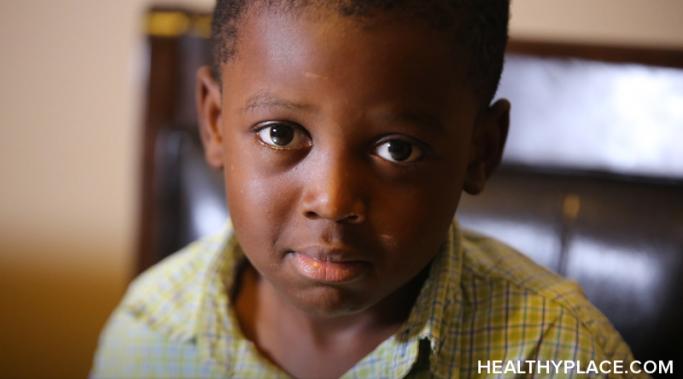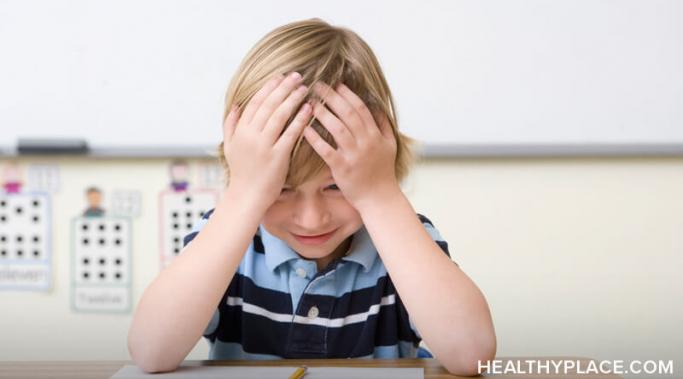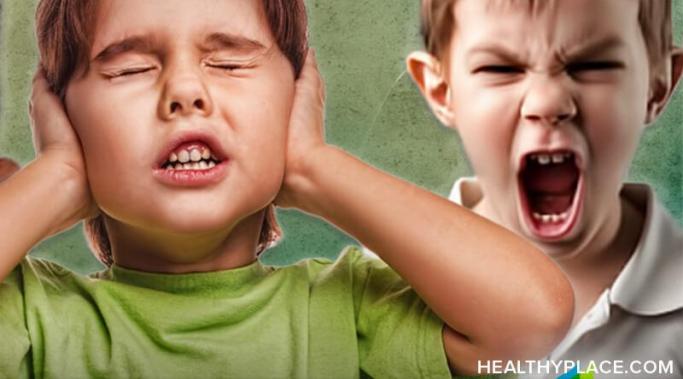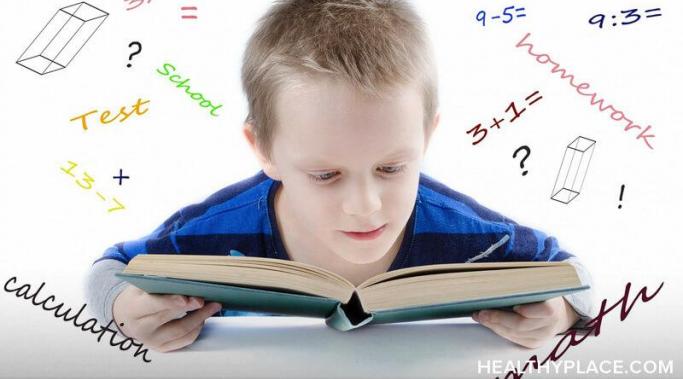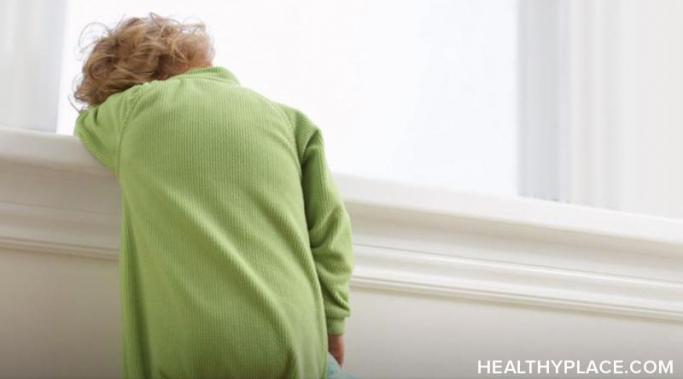It's time to talk about ADHD and hoarding, mental disorders that often go hand-in-hand, even in childhood. In one study of 155 people ages four to 82, 41.9 percent of subjects with ADHD displayed hoarding tendencies, and other studies have produced similar findings. So if you're raising a child with ADHD like mine who tends to hoard things, you aren't alone.
Behavior Issues
The use of restraints for children with mental illness in hospitals and schools is common and legal. While instances of abuse and overuse do happen and should be taken very seriously, this post isn't meant to debate whether they should be eliminated in treatment. Neither is it meant to promote the use of restraints. Instead, this is a look at how my own family has experienced them.
Myths about parenting a child with mental illness are harmful, so let's straighten some of them out. If your child struggles with mental illness, you've faced judgment and unsolicited advice from almost everybody. None of it compares to the judgment and fear we heap on ourselves. It's easy to get dragged down by ignorance and stigma. Debunking common myths, then, may make the journey through parenting a child with mental illness a little easier.
Parents may be surprised to hear that antipsychotic medications are a common treatment for childhood attention-deficit/hyperactivity disorder (ADHD). They're often prescribed to help children who experience intense mood swings, aggression, destructive behaviors, or self-harm. These medications can be life-changing and life-saving, but the term "antipsychotic" is so stigmatized that parents might be terrified when doctors recommend antipsychotics. Of course, always consider the risks, but also consider the benefits of using antipsychotic medications in childhood.
The definition of the least restrictive environment is part of the Individuals with Disabilities Education Act (IDEA). It mandates that children with disabilities should learn alongside their regular education peers as much as is safe and possible. Why is it so important that our children with mental illnesses be included in the least restricted environment?
A child's meltdown happens when he goes into survival mode. He can't control himself, and you as the parent may be the only source of safety and emotional regulation. We can teach our children a lot, then, by learning to recognize the stages of our child's meltdown and how to intervene.
The transition from your teen's inpatient psychiatric care facility to home can mark an exciting change for your child. However, without a detailed plan for her transition, leaving inpatient psychiatric care can exacerbate her mental illness issues. Creating a solid plan for the transition period after your teen's inpatient psychiatric care can help your child be a success as she transitions back into regular life (Coping with Life After Residential Mental Health Treatment).
Twice-exceptional children are gifted children with mental illness, and they often get overlooked in school. A mentally ill child's problem behaviors may mask their strengths, or their behaviors may frustrate teachers so much that teachers overlook the child's strengths. These gifted kids with mental illness are twice exceptional and we should recognize them and push them as much as we do the typical gifted child.
Separation anxiety in children is an intense fear of being separated from a loved one. It's considered normal in infants and toddlers. In older kids, it may be a sign of an anxiety disorder. As the parent of a child with disruptive mood dysregulation disorder (DMDD), I often find myself wondering if what he experienced in early childhood was separation anxiety or the signs of the emotional disorder to come.
How do we know when to worry about temper tantrums in our children? According to recent research, about 83% of preschoolers have regular temper tantrums.1 If you're reading this, I'm guessing you are the parent of at least one of the 83 percent. I was one such parent, too, and my son's tantrums turned out to be the sign of childhood mental illness. How do you know when to worry about temper tantrums because it might be the same for you?
